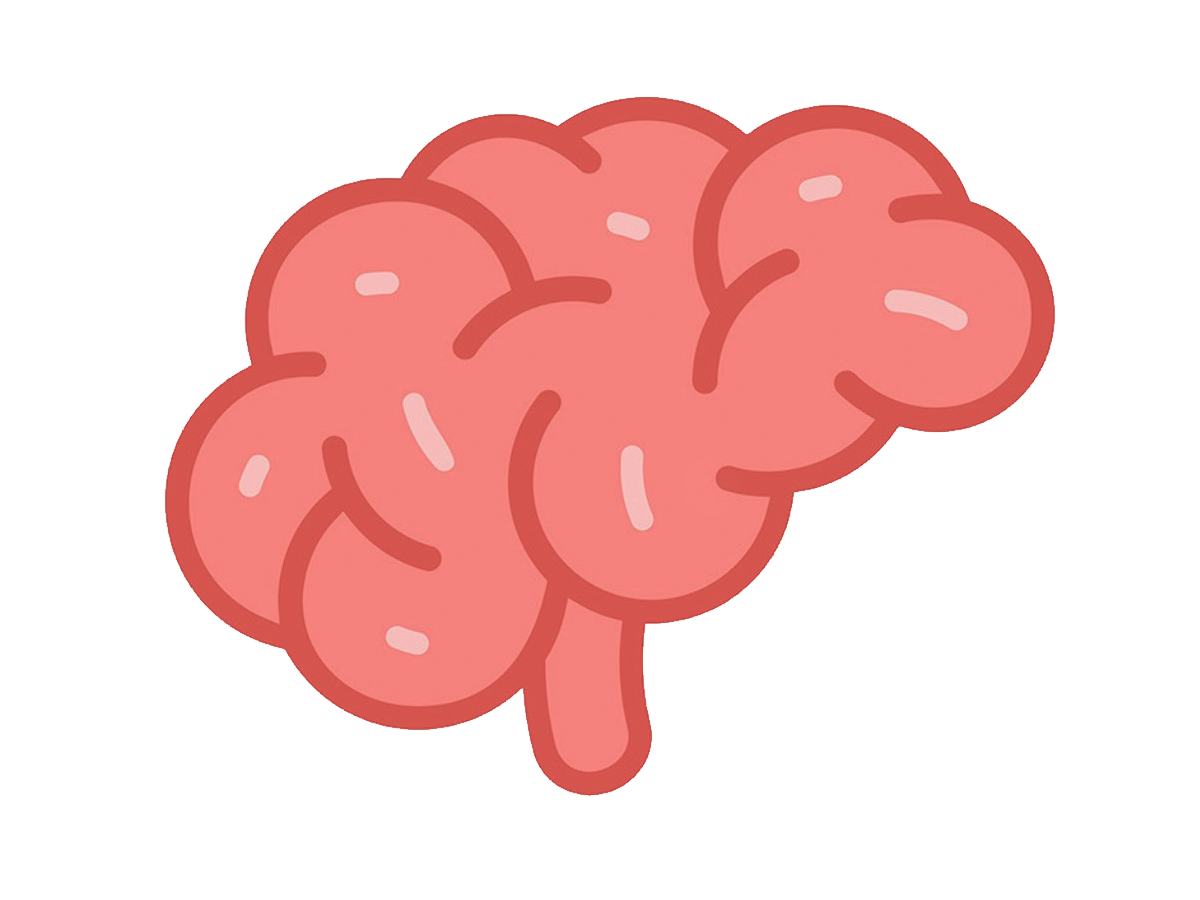STEM education, which stands for Science, Technology, Engineering, and Mathematics, has become increasingly popular in recent years. This is because STEM subjects are essential for preparing students for the workforce of the future, where jobs in these fields are in high demand. However, there is another critical benefit of STEM education that is often overlooked: its connection to critical thinking skills.
Critical thinking is the ability to analyze and evaluate information, solve problems, and make decisions based on evidence and logical reasoning. It is a valuable skill in all aspects of life, from academic and professional pursuits to personal relationships and everyday decision-making. STEM education provides a unique opportunity to develop critical thinking skills in students.
STEM education promotes problem-solving skills, which are an essential aspect of critical thinking. In STEM classes, students are given challenges and problems to solve, which require them to think creatively and analytically. They are encouraged to think outside the box and come up with innovative solutions. This process of trial and error helps them develop their problem-solving skills, which they can apply in all areas of their lives.
STEM classes also require students to work in teams, which helps develop their communication and collaboration skills. Effective communication is a vital component of critical thinking because it allows individuals to express their ideas clearly and listen to others’ perspectives. Collaboration helps students learn from one another and gain different perspectives, which can improve the quality of their ideas and solutions.
In addition, STEM education requires students to use data and evidence to support their ideas and conclusions. This helps students develop analytical and critical thinking skills, as they learn to evaluate and interpret information. STEM classes also encourage students to ask questions and seek out answers, which helps them become more curious and engaged learners.
STEM education can also help students develop a growth mindset, which is the belief that intelligence and abilities can be developed through hard work and effort. This mindset is essential for critical thinking because it encourages individuals to persevere through challenges and view mistakes as opportunities for growth and learning.
In conclusion, STEM education provides an excellent opportunity for students to develop critical thinking skills. The problem-solving, communication, collaboration, analytical thinking, and growth mindset skills that students learn in STEM classes are valuable for their academic and professional success, as well as their personal growth and development. As the demand for STEM-related jobs continues to grow, it is essential to ensure that students are equipped with the critical thinking skills necessary to excel in these fields.
